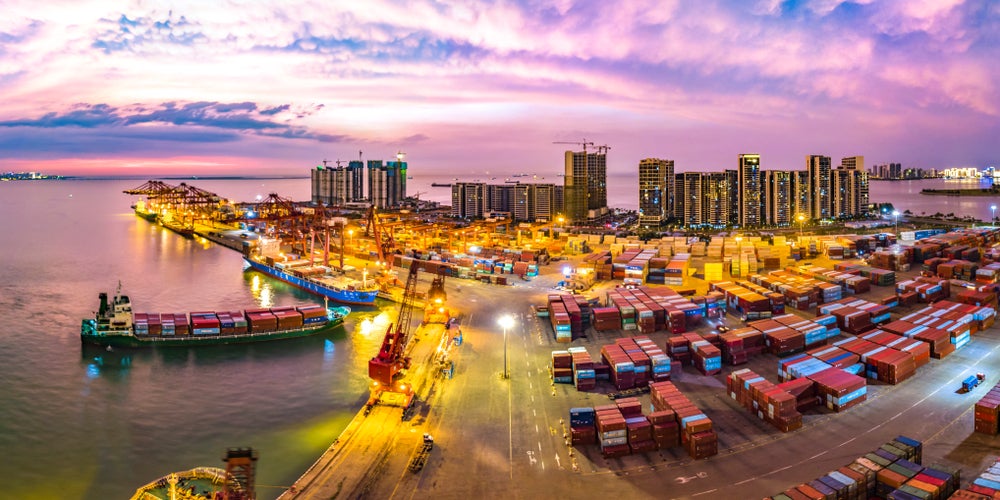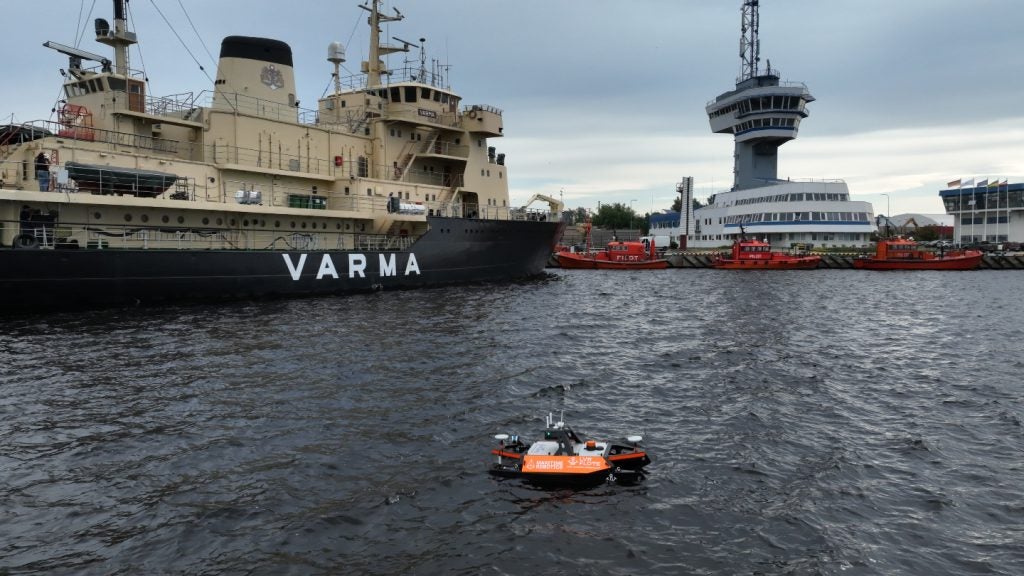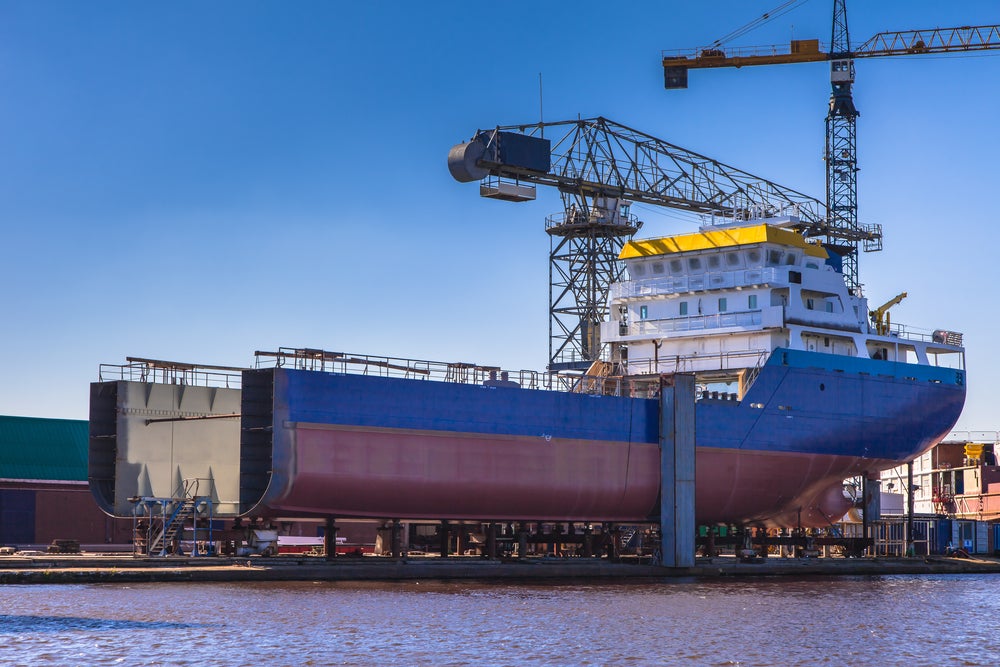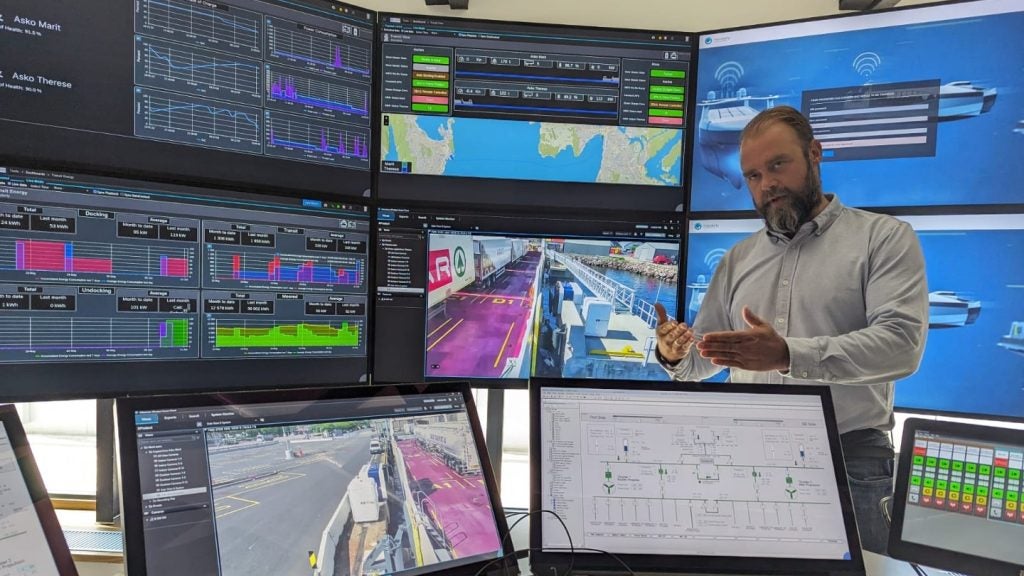
Free zones are facing an uncertain period as Covid-19 hinders their activity across the globe.
With many of them heavily reliant on manufacturing and export-led activity – and therefore unable to participate in the great migration towards working from home that is being seen in other sectors – the zones are facing having to remodel and put into place emergency measures in order to come out of the Covid-19 crisis intact.
A survey conducted at the beginning of April by the Kiel Institute for the World Economy (IfW Kiel) in partnership with the World Free Zones Organisation (World FZO) focusing on the impact of Covid-19 on free zones showed that, on a global scale, zones are at the sharp end of the disruption brought on by the pandemic. Some 91% of the zones surveyed reported limitations to their production due to lockdown restrictions.
According to the UN Conference on Trade and Development (Unctad), on a global level there are about 5,000 free zones spread across 140 countries. Their form varies widely, but broadly speaking free zones – or, more broadly categorised, special economic zones – are designated areas within a country that enjoy eased taxation, and measures to incentivise and attract business.
A 20 April paper written by Dr Samir Hamrouni and Dr Mohan Guruswamy, chief executive officer and chief knowledge officer of the World FZO, respectively, highlights the importance of preparing for the worst case scenario when it comes to the timeline of economic recuperation.
“Economic activity may remain flat for an extended period of time,” they write. “Addressing such an eventuality will require a radically different mindset.”
How well do you really know your competitors?
Access the most comprehensive Company Profiles on the market, powered by GlobalData. Save hours of research. Gain competitive edge.

Thank you!
Your download email will arrive shortly
Not ready to buy yet? Download a free sample
We are confident about the unique quality of our Company Profiles. However, we want you to make the most beneficial decision for your business, so we offer a free sample that you can download by submitting the below form
By GlobalDataHamrouni and Guruswamy stress the need to go digital in all transactions, review all business processes for scale, efficiency and effectiveness, assess long-term strategic plans and business performance management systems, and explore new methods of financing, among other essential actions for zones.
Supply chains: A scream for diversification
The global pandemic has put the diversification of global value chains centre stage and this has inevitable consequences for free zones. Dr Klaus-Jürgen Gern from the IfW Kiel and co-author of the survey in partnership with the World FZO, highlights this as one of the main takes from the crisis, but sees this issue as a source of future opportunities.
“We think that a major lesson of this crisis for producers will be to diversify value chains rather than to unwind globalisation altogether,” Gern says. “This process may well provide opportunities for free zones to expand into new fields of activity and could help them lead a recovery in their host countries based on demand and investments from abroad.”
By doing this, says Gern, free zones could spearhead the move to restore economic activity back to pre-pandemic times. He explains that this can be initiated by “firms located in [developed] countries that are in a better position to support the restart of the economy than many developing and emerging economies are”.
However, this will not be an easy task. The International Monetary Fund reported that by the end of March capital outflows from emerging markets had reached at least $83bn since the beginning of the Covid-19 crisis, and Unctad predicts general foreign direct investment flows worldwide will plummet by as much as 40% in 2020.
“In this environment attracting foreign capital to fund current activities or even expansion in the free zones will be a challenge and competition among free zones for this capital will increase,” says Gern.
Digitalisation drive
Pere Navarro, special delegate of the state at the Consorci de la Zona Franca de Barcelona, one of Spain’s seven free zones, also anticipates changes to traditional supply chains as a result of Covid-19 and brings up the important role new technologies will play in this.
“I have no doubt, although there are still many uncertain parameters, that there will be a change in which it is necessary to put all the resources we have available – capacity, experience, IT, etc… – to use to try to anticipate solutions and prepare in a different way,” he says. “Supply chains are undergoing unstoppable change.
“The digital sector is developing at a breakneck pace, which forces companies to adapt to new trends, but it also requires much more from companies in the logistics and transport sector to overcome new challenges, [and until now these sectors only] played a secondary role,” adds Navarro.
He adds that sustainability must not be sidetracked in the efforts to revive the economy. He says that this will also strengthen companies’ reputations.
“Logistics and transport operations are responsible for 25% of carbon dioxide emissions in Spain, so it is necessary to bet on a more intelligent and innovative distribution of goods that respects the balance between economic growth and the protection of natural resources and the environment,” says Navarro.
Incentives as a tool
A way of promoting investment in free zones amid the pandemic is to introduce new incentives to attract potential new investors, according to Dragan Kostić, chief executive officer of the Pirot Free Zone in Serbia, who explains that the zone has developed a three-part plan along these lines. The plan consists first of ensuring that the free zone is safe from a health perspective. The second part involves lowering prices during the recovery period. The third stage is to move transactions and meetings online as much as possible.
Covid-19 has undeniably affected activity in free zones, just as economic sentiment was picking up from the low levels witnessed in the first two quarters of 2019, according to the Free Zones World Economic Barometer.
Robert Quartly-Janeiro, visiting fellow at the London School of Economics, says that the fall in trade due to the pandemic will not be the only obstacle for free zones on their road to economic recuperation. In the case of Europe, some scrutiny is expected on taxation from cash-starved government budgets.
“On the other side of the coin, some level of reshoring from the Far East, given economic sentiment and policy, seems likely to be a topic in EU boardrooms – and free zones have a role to play in that,” says Quartly-Janeiro. “Also, the use of free zones as a gateway to African markets could provide a greater springboard for EU exports into emerging markets in Africa.”






